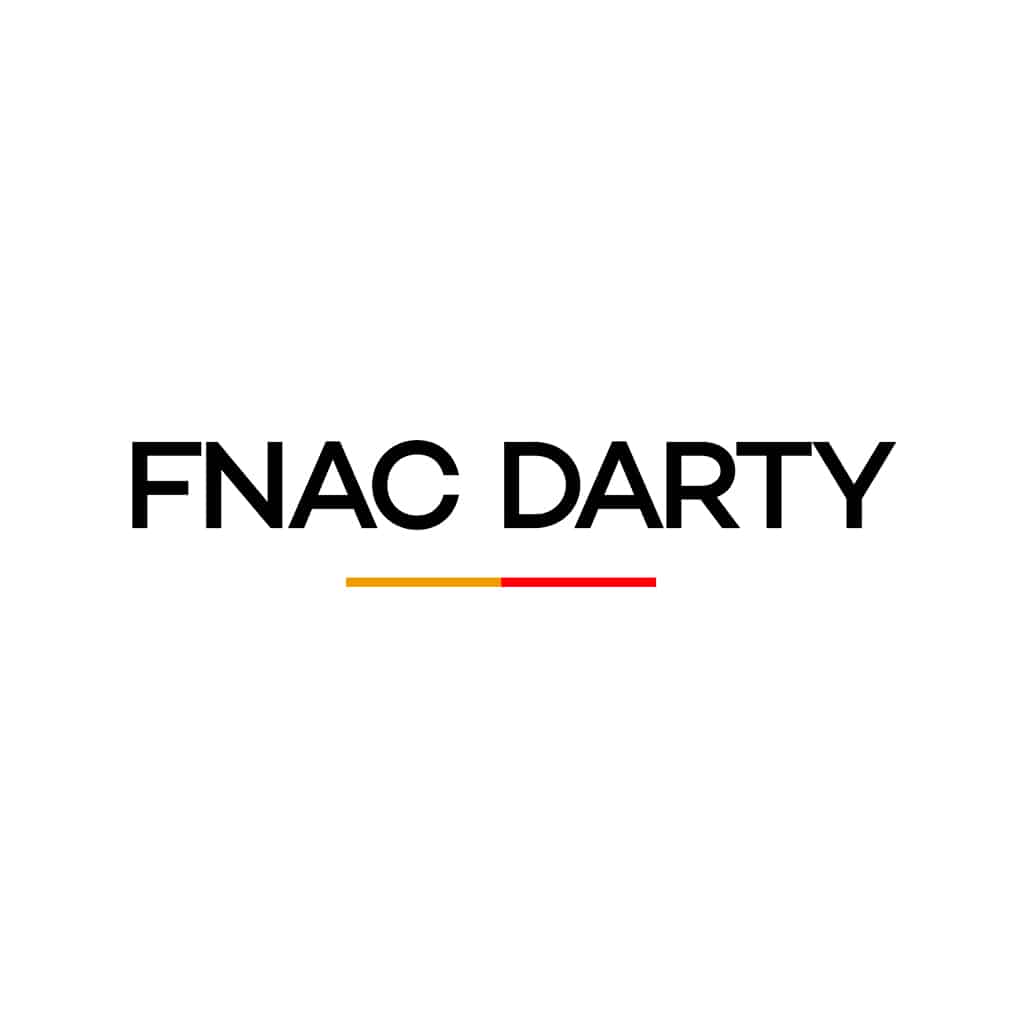Raise customer awareness of the environmental impact of e-commerce by allowing an informed choice of delivery

From home delivery to in-store pickup to relay point delivery, not all delivery services have the same environmental impact. It depends on the fleets used by the service providers and their transport plans, but also – in the context of the in-store or relay point pickup – on the customer's travel. Recently, Fnac Darty informs its web customers about the CO2 impact of the different delivery methods and the impact of their journey, via information present throughout the online purchase process.
Main project's drivers for reducing the greenhouse gas (GHG) emissions
Energy and resource efficiency
Energy Decarbonisation
Energy efficiency improvements
Improving efficiency in non-energy resources
Emission removal
Financing low-carbon issuers or disinvestment from carbon assets
Reduction of other greenhouse gases emission
Project objectives
The rapid growth of e-commerce implies an eco-responsible development of e-commerce logistics activities in order to reduce negative impacts on the climate. Customer, shippers, carriers... reducing the impact of e-commerce is a collective matter, which calls for stronger collaborations. For this to work, Fnac Darty is convinced that information is a powerful lever to:
- encourage customers to question their choices (delivery method, travel, etc.)
-encourage carriers to accelerate their ecological transition and refine the measurement of their emissions
In line with commitment n°1 of the Charter of Commitments for the reduction of the environmental impact of e-commerce, developed with France Logistics, France Strategy and e-commerce players, signed by the Group in July 2021, Fnac Darty wishes to raise customers' awareness of the climate impact of their parcels, starting with the impact of its transport.
Aware that the customers’ travel, as part of a delivery to a pick-up point, can have a significant impact, the Group also wants to raise consumers' awareness about their own impact.
In 2021, Fnac Darty developed an unprecedented service in the specialized distribution sector: the publication, on Fnac and Darty websites, of the GHG emissions associated with the delivery of one kilogram of parcels, depending on the delivery service chosen.
This project, called “Livraison Eclairée” (“informed delivery), is the result of an in-depth work carried out by the transport, CSR and Services teams, under the aegis of the Group’s Climate Committee. Indeed, Fnac Darty has been working for several years to refine the measurement of GHG emissions generated by the shipment of its packages. In 2019, transport teams developed a methodology for calculating carrier-specific emission factors, which found that the impact of delivery varies greatly depending on the delivery method chosen. This impact varies according to where the product is located (warehouse or store), the vehicle used (truck, car or bicycle) and its engine (gasoline, natural gas, electric), the provider’s transport plan and the length of its rounds (door-to-door home or grouped in a pick-up point).
This project is also the result of a constructive and permanent dialogue with Fnac Darty’s transport providers, who deliver increasingly accurate greenhouse gas footprint and who are also committed to reducing the carbon impact of their activity.
As for customer travel, which is not negligible in the case of a collection of the parcel in store or relay point, Fnac Darty has chosen to partner with DATAGIR, a startup that depends on ADEME, to make available to customers an eco-calculator allowing them to measure their own impact.
In an effort to be transparent, the Group has created dedicated information pages on its merchant sites to present the issues, methodology and approach adopted by Fnac Darty.
In April 2022, the methodology and values reported were independently certified by KPMG, an independent third-party organization.
Emission scope(s)
on which the project has a significant impact
- Emission scopes
- Description and quantification of associated GHG emissions
- Clarification on the calculation
Scope 1
Direct emissions generated by the company's activity.
Scope 2
Indirect emissions associated with the company's electricity and heat consumption.
Scope 3
Emissions induced (upstream or downstream) by the company's activities, products and/or services in its value chain.
Emission Removal
Carbon sinks creation, (BECCS, CCU/S, …)
Avoided Emissions
Emissions avoided by the activities, products and/or services in charge of the project, or by the financing of emission reduction projects.
Scope 3 – Lower fuel consumption by transport providers’ fleets
- Quantification : At least -175 tons of CO2eq over 3 years.
Informing customers about GHG emissions based on the delivery method of web orders could encourage customers to favor the “Click & Collect” service (delivery and pickup in store), which emits less CO2eq.
For the calculation, we consider the following:
- the scope Fnac.com, which represents 92.2% of parcels delivered by Fnac Darty in 2020, i.e. approximately 14.5 million parcels
- 32% of parcels delivered in store or relay point, and 68% of parcels delivered to your home in 2020
- a carbon intensity of 0.57kgCO2/parcel delivered to your home and 0.17kgCO2/parcel delivered to the store in 2020
By applying an expected increase of 5% in the share of parcels delivered in Click & Collect in 2023 and considering a stable volume of parcels delivered, the gain achieved compared to 2020 would be of the order of 175 tons of CO2eq in 3 years.
Key points
Invested amount
100 000 €
Starting date of the project
Pilot phase conducted from November 2021 to January 2022
100% rollout in February 2022
Project localisation
France (fnac.com and darty.com)
Project maturity level
Prototype laboratory test (TRL 7)
Real life testing (TRL 7-8)
Pre-commercial prototype (TRL 9)
Small-scale implementation
Medium to large scale implementation
Tested in the fourth quarter of 2021, the information called “Livraison Eclairée” was made available to all web customers in February 2022. In a process of continuous progress, the Group intends to refine and complete this information, gradually integrating other quantified impacts such as GHG emissions generated by packaging, information systems and storage. To this end, the Group is participating, alongside other players in the sector, in a study led by ADEME and the General Commission for Sustainable Development, aimed at measuring the environmental footprint of e-commerce distribution schemes. Fnac Darty is a member of the advisory committee and has agreed to share its internal data to carry out the impact measurements.
Economic profitability of the project (ROI)
Short term (0-3years)
Middle term (4-10 years)
Long term (> 10 years)
No expected return on investment.
Illustrations of the project
In parallel with the reduction of GHG emissions, the project reduces fine particle emissions, noise pollution and congestion in the road system.
In fact, this project contributes to SDG 11, and in particular target 11.6: “By 2030, reduce the negative environmental impact of cities per capita, paying particular attention to air quality”.
Public authorities and certain players in the e-commerce ecosystem (e-merchants, carriers, professional federations) consider consumer information as an important lever to reduce the environmental impact of delivery.
This initiative, although limited to GHG emissions related to the transport of parcels and customers, is intended to be extended to other impacts and other e-merchants, in accordance with commitment n°1 of the Charter of Commitments for the reduction of the environmental impact of online commerce: “(1) inform the consumer of the environmental impact of delivery by proposing, from 1 January 2023, several methods of delivery of products (by variation of the point of delivery, the deadline or the vehicles) for all orders whose size allows it, and specifying the choice which has, on average, the lowest impact on the environment according to the results of ADEME’s work on the environmental assessment of e-commerce deliveries”.
Transport providers: permanent dialogue between the Transport Department and suppliers, who issue quarterly greenhouse gas footprint.
Partnership with DATAGIR, the public service supported by Ademe and the incubator of the Interministerial Digital Directorate, to make available to web customers their eco-calculator https://monimpacttransport.fr/
Contact the company carrying the project :
charlotte.alix@fnacdarty.com

